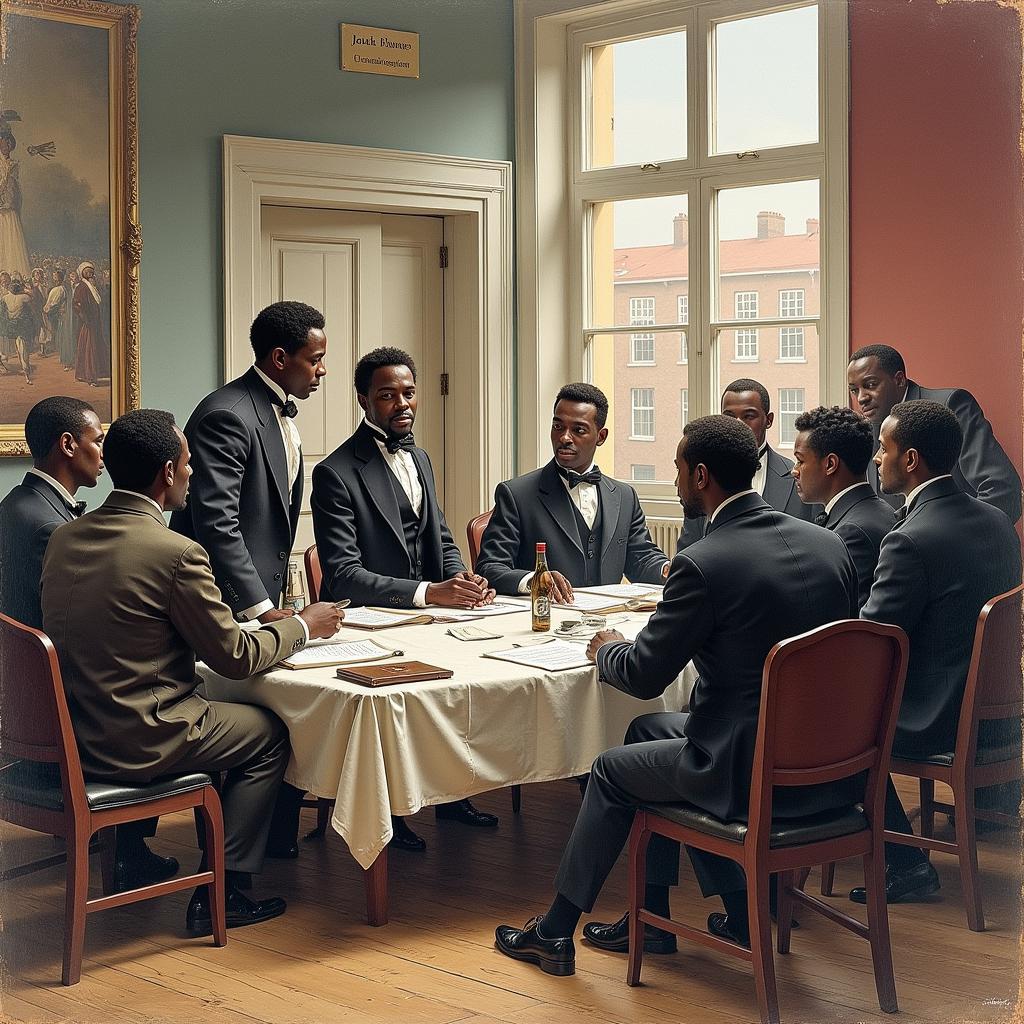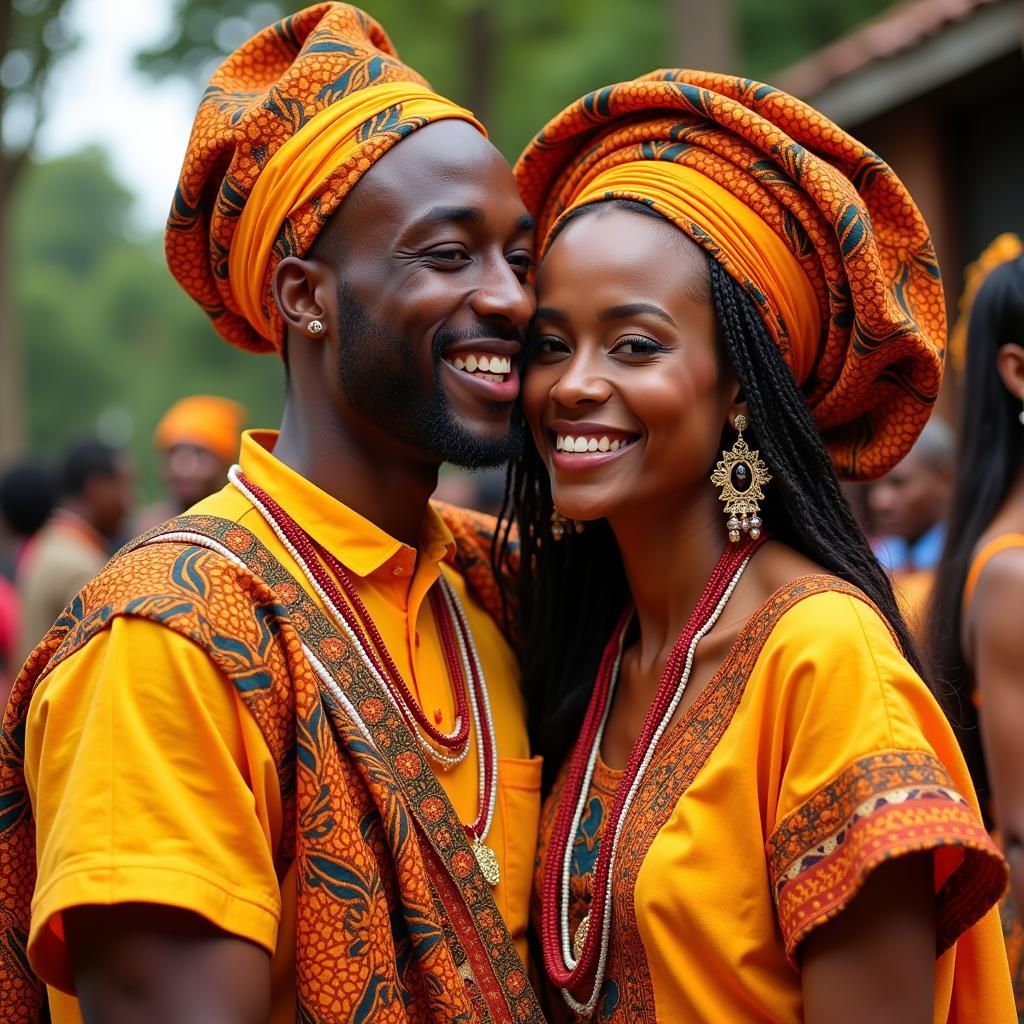African Americans in Boston: A Rich History and Vibrant Present
African Americans In Boston have a long and complex history, deeply intertwined with the city’s narrative and the broader American experience. From the earliest days of colonial settlement to the present, their presence has shaped Boston’s cultural, social, and political landscape. This article explores the rich tapestry of African American life in Boston, highlighting its triumphs, struggles, and enduring contributions.
The first Africans arrived in Boston in the 17th century, primarily as enslaved people. Their forced labor contributed to the city’s burgeoning economy, but their lives were marked by oppression and hardship. Despite the brutal realities of slavery, African Americans in Boston formed communities, maintained cultural traditions, and fought for their freedom. The abolitionist movement found fertile ground in Boston, with figures like William Lloyd Garrison and Frederick Douglass playing crucial roles in the fight against slavery.
The Fight for Freedom and Equality in Boston
Boston became a hub for abolitionist activity, and the city’s Black community played an active role in the struggle for freedom. The Black church emerged as a center of resistance and community building, providing a space for spiritual solace, political organizing, and social support. Schools like the Abiel Smith School, established in 1835, offered education to Black children at a time when educational opportunities were limited.
 African American Abolitionists in Boston Meeting
African American Abolitionists in Boston Meeting
The fight for equality continued after the Civil War, as African Americans in Boston faced ongoing discrimination in housing, employment, and education. Organizations like the NAACP worked to dismantle Jim Crow laws and secure civil rights for Black Americans.
A Cultural Hub: Arts, Music, and Literature
African Americans have made significant contributions to Boston’s vibrant cultural scene. From the jazz clubs of the South End to the literary salons of the Back Bay, Black artists, musicians, and writers have enriched the city’s artistic landscape. Figures like poet Phyllis Wheatley, a former enslaved person who became one of the most prominent poets of her time, demonstrated the power of art to transcend social barriers.
Boston’s Black community has also played a vital role in preserving and celebrating African traditions. Cultural institutions and community centers offer opportunities to learn about African history, art, music, and African American customs. These initiatives help to foster a sense of pride and identity within the community.
Navigating the 21st Century: Challenges and Opportunities
African Americans in Boston continue to face challenges related to systemic racism and inequality. Disparities in wealth, healthcare, and education persist, highlighting the ongoing need for social justice and reform. However, the community remains resilient and continues to advocate for change. Organizations like the Museum of African American History in Boston and Nantucket work to preserve and share the rich history of African American freedom and resilience.
What is the legacy of the 54th Massachusetts African American regiment?
The 54th Massachusetts regiment, one of the first African American regiments to fight in the Civil War, left a profound legacy of courage and sacrifice. Their bravery challenged racial stereotypes and paved the way for greater inclusion of Black soldiers in the Union Army.
Where can I find information about African American poets in the 19th century?
You can explore the works of notable African American poets 1800s through online resources, libraries, and historical societies. Learning about their contributions to literature offers valuable insights into the African American experience during this period. You can also find information about African American fabric and its significance in their culture.
In conclusion, the history of African Americans in Boston is a testament to their strength, resilience, and unwavering pursuit of justice. From the fight against slavery to the ongoing struggle for equality, their contributions have profoundly shaped the city’s identity and the broader American narrative. African Americans in Boston continue to make significant contributions to the city’s vibrant cultural, social, and political landscape.
FAQ
- What were some of the key institutions that supported the African American community in Boston? Black churches and schools like the Abiel Smith School played crucial roles.
- How did African Americans in Boston contribute to the abolitionist movement? They actively participated in protests, established organizations, and provided safe havens for runaway slaves.
- What are some of the ongoing challenges faced by African Americans in Boston? Systemic racism continues to manifest in disparities in wealth, healthcare, and education.
- Where can I learn more about the history of African Americans in Boston? The Museum of African American History in Boston and Nantucket offers valuable resources.
- What role did music play in the African American community in Boston? Music served as a form of expression, resistance, and community building, particularly in genres like jazz and gospel.
- How has the African American community in Boston contributed to the city’s arts and culture? Through literature, music, visual arts, and various cultural institutions, they have enriched Boston’s cultural landscape.
- What are some current initiatives aimed at promoting equality and social justice for African Americans in Boston? Various organizations and community groups are working on initiatives related to education reform, economic empowerment, and criminal justice reform.
For further support, please contact us at Phone Number: +255768904061, Email: kaka.mag@gmail.com, or visit our office at Mbarali DC Mawindi, Kangaga, Tanzania. Our customer service team is available 24/7.

